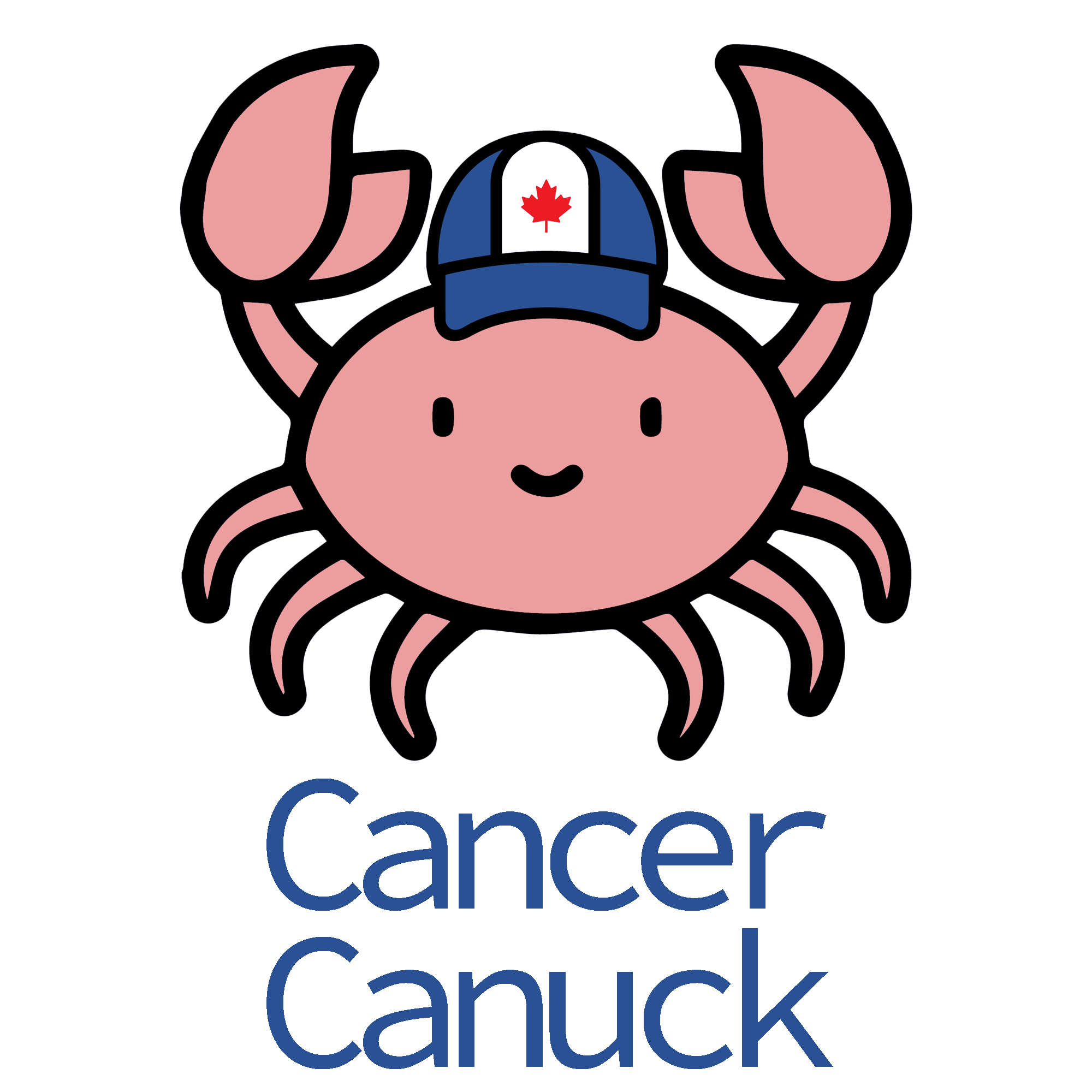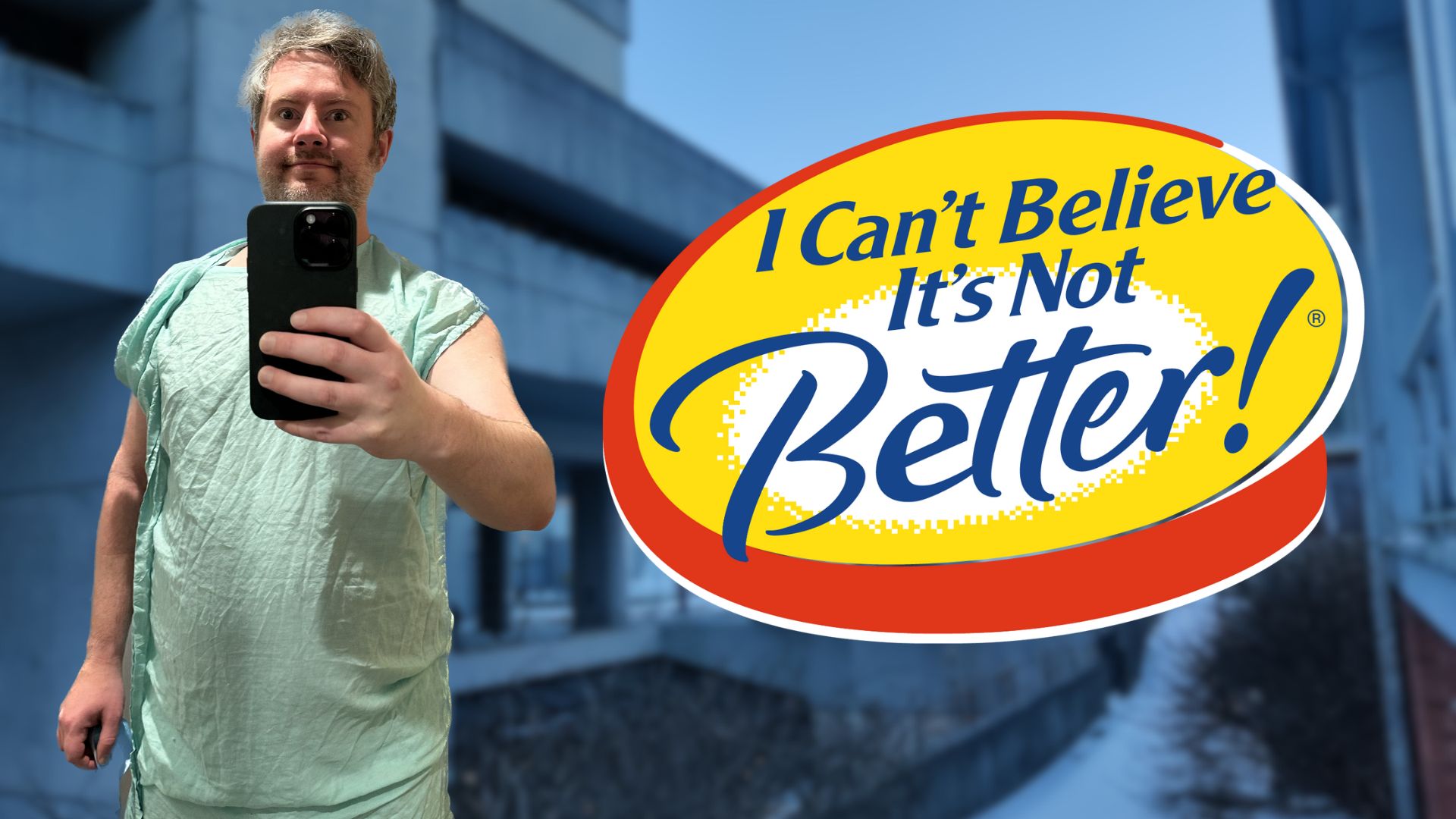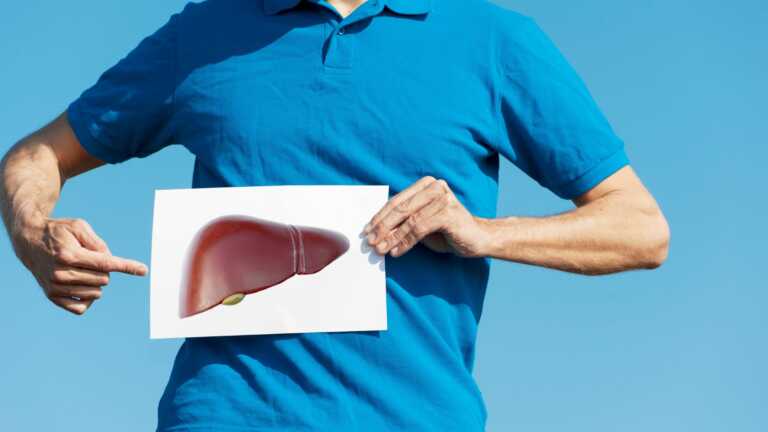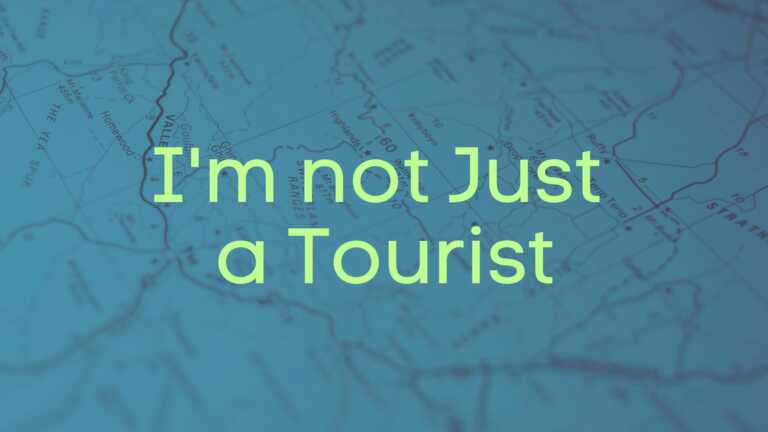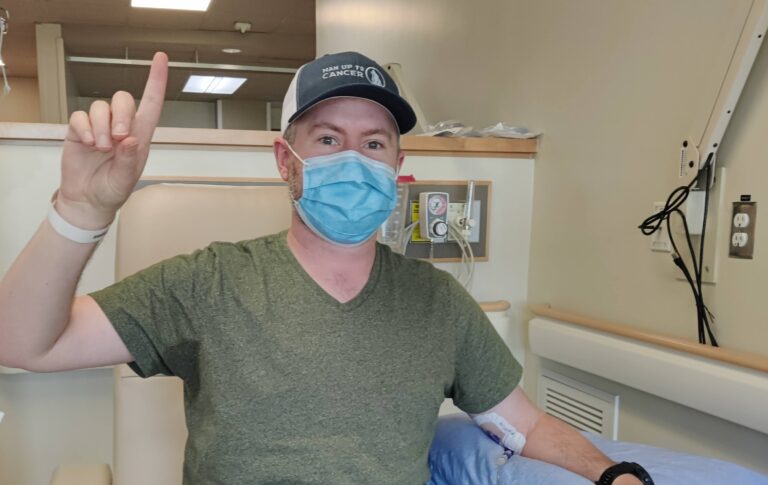If you’ve never been to a cancer centre, I hope that your streak of luck continues.
It’s not that the experience is bad, it’s just that it’s always interesting.
The space itself is banal and neutral in colour, lined with whatever chairs happened to be on liquidation during an otherwise forgettable Wednesday in 1988. Contrasted against the modernity of COVID-era hand sanitizer stations and cerulean medical masks, it seems dystopian.
Then there are the people.
Those who find themselves within halls of the cancer centre run the spectrum of humanity.
There are people who are physically altered from their disease. There are caregivers, some more patient than others, helping their person get from point A to point B. And there are people who are going to receive life-altering news about cancer: good or bad.
Cancer doesn’t discriminate and it really shows when you cross the vestibule into the building.
Administration
After going through registration, confirming that my address, emergency contact, and family doctor have not changed since the previous evening at 8pm, I pluck a paper numbered “51” from the pedestal outside of the blood clinic.
It’s 9:30am. Fifty people have already visited the blood clinic within the first hour and a half of its opening. It’s one of the small tragedies of the cancer centre.
My appointment with the oncologist isn’t until eleven and I don’t even know if I need to provide a blood sample. Usually, I have to provide a sample before my clinic appointments. I don’t know if I need a blood draw today.
Three tubes of blood are taken from me. Each time I go to the cancer centre, I’m tested to see if my tumour markers, liver function, and a standard array of other blood markers indicate that I’m healthy.
They always say I am. Today is no different. My cancer just doesn’t show up on blood tests.
It would’ve saved me a lot of trouble if it did.
I walk upstairs to the clinic waiting area, grabbing an iPad from the reception desk on the way in. It’s time for my self-assessment.
“You have to press the home button twice,” I hear the person at reception say, attempting to help an elderly patient.
One day you’re excited to have a direct phone line. One, two, skip a few and you’re using a touchscreen to tell your doctors if you’re sore, sleepy, and thinking about killing yourself. Wild.
I enter the number on my health card. About the only time that the version code doesn’t matter. If you know, you know.
Am I tired? A bit. Two out of ten.
How much pain am I in? None. Zero out of ten.
Have I been sleeping? Not poorly. Probably a two out of ten.
At some point during the assessment, the meaning of the numbers changes.
I’m not kidding. This is a consequence of merging multiple assessment tools together without regard for how they are presented relative to one another. A lot of people probably accidentally say they feel worthless and like a burden, just by mistake.
Do I want to hurt myself? No. That’s a… ten out of ten?
I finish the questionnaire and wait for my name to be called.
“How are you?,” the nurse asks.
“I’m fine.”
I toss my belongings into the adjacent doctor’s office and hop on the scale.
Yikes. The pandemic has not been kind to my body and, apparently, neither have I.
200 pounds? Fuuuuuck. Another milestone.
Back in the office, the nurse re-asks me many of the same questions I just answered in my questionnaire—presumably to see if I’m a reliable witness to my own suffering and wellbeing—takes my vitals and leaves the room to speak with my oncologist.
I sit and wait. It takes a while.
I bet my MRI report isn’t finalized. It hasn’t even been sixteen hours since my scan.
Practicing avoidance
A new doctor enters the room and closes the door. New to me and, probably, new to oncology.
She introduces herself and lets me know that she’s working with my oncologist before cutting to, what I imagine, is supposed to be the chase:
“You spoke with your doctor last week about your CT scan results?,” she asks.
“I did, yes,” I respond.
I know why she’s asking. She’s trying not to bring up the suspected cancerous liver lesions that I spoke to my oncologist about earlier in the week.
“I was just speaking with the radiologist. Your report isn’t finalized yet, so I had to get the results verbally. The MRI actually is consistent with what the CT shows,” she states, her statement devoid of all relevant context.
I was right, though. My MRI report wasn’t finalized.
She’s doing her best to avoid speaking in direct terms. This is one of the most frustrating parts of being a patient. This doctor has ensured, in under a minute, that I will never trust or be comfortable speaking to her. Ever.
The stakes are high, so my threshold for bullshit is much lower than usual.
In under two minutes, I reach peak exasperation.
I force the conversation forward: “So, it is consistent with metastatic liver disease?”
I’m really fucking frustrated that I have to ask. There’s a better way to tell someone they have a cancer recurrence than by hiding behind a radiologist’s report.
“Yeah, so one new lesion definitely looks like that,” she replies.
Looks like what? Holy fuck this is aggravating. Fucking say it: it’s cancer. I’m at a goddamned oncology appointment. It’s a follow-up to an urgent MRI. There are no illusions about why I’m here.
“The next step is to see if we can cut them out—the lesions. We’re going to present your case to the tumour board, where specialists will go over your images to see if they can be cut out,” she continues, “in which case, we’ll still aim for cure.”
I’m polite, but I don’t care to keep entertaining a passive conversation about my life-threatening disease. I take over the conversation. Enough.
“Alright, so next steps basically are: present at tumour board and get consensus on whether it’s operable. If it is inoperable, then I would move to palliative care. If it’s operable, then we’d go through a liver resection. From there would there be additional chemotherapy?,” I ask.
“Yes, but we’ll have to wait and see about chemotherapy.”
I ask about timelines. When can I expect a call? Who from? When should I expect my next appointment?
“It’ll be soon. This coming week. A phone call at least, to go over the conversation at the tumour board,” she tell me.
As she leaves the room, the doctor lets me know that my oncologist is going to pop in to speak with me.
Yes, please.
Byeeeeeeee.
Thank u, next
I take a moment to sit with the news. Although it’s not unexpected, I’m disappointed to be facing a recurrence so soon after finishing my first treatment.
October 21st to May 5th. Just under six and a half months between being declared No Evidence of Disease and having a recurrence.
Strangely, I feel stalwart in spite of the information.
I’m not known for losing my composure, but I question how healthy it is to just accept at face value that I have metastatic cancer.
It felt almost too easy to hear the news, even though I had steeled myself to the probability throughout the week. It’s not numbness.
It’s pragmatism or rationalization, hopefully. At the very least, I hope it’s not naiveté.
I know the cancer is aggressive. I knew this could happen. I was just hoping that it wouldn’t happen for a while longer.
I take a few deep breaths and think about who I should tell, what I should tell them, and when.
Is it premature? Is there ever a right time?
I don’t know much, other than it’s back. There’s no way to take the sting off of that for people who care, so I won’t really try to.
I shared that I was under investigation for recurrence. I’d rather end up crying wolf than leaving people wondering. Besides that, this is part of the experience. The waiting, watching, waiting, speculating, waiting. Everything is uncertain until, at some precise moment in time, all of the questions are answered at once as a plan seemingly pops into existence. It’s the coalescence of individual puzzle pieces that ultimately form a flowchart for care.
I’m starting to come down from the frustration that was building up during my previous interaction.
Right on cue, my oncologist comes into the room.
“Hi Jason, how are you?,” she asks, “How’s Shannon? She’s not here today?”
There it is. The care and compassion that was lacking from the new doctor.
“I wanted to do this one solo,” I answer, “because I didn’t think we’d be making any decisions today.”
We talk for a bit, mainly rehashing the conversation I had with the other doctor. It’s a much more organic chat and leaves me feeling better.
I trust my primary oncologist a lot. With my life. She’s earned that trust. Even hearing the same information means something different coming from her.
“You know this is an aggressive cancer. We’ll treat it as effectively as we can. Right now, our job is to find out if surgery is an option and how to proceed from there,” she reminds me.
There is something reassuring about her confidence. Even if we know that treatment has varying degrees of success, she knows we’ll work out a plan.
“We’re still aiming for cure, here,” she reassures me, “we’ll be aggressive.”
I know we’ll talk about goals at the next appointment. Right now we need to see if and how the problem can be solved. Then, like choosing from a prix fixe menu at a fine restaurant, I’ll select the course that best aligns with my wants. Sometimes, you have to eat things you don’t want in order to get to the tenderloin.
Hope and disappointment
We wrap up the appointment and I step outside the cancer centre, looking out over the beautiful blue sky blanketing Lake Ontario.
Windy, as always, the sun’s undulating reflection glints off of the waves.
Checking the time, I realize that I have a couple of hours before my next appointment: a call to finalize a presentation for the Southeast Regional Cancer Centre’s systemic treatment retreat, which is happening in a couple of days.
I send a text to Shannon, who’s waiting for an update.
Hi!
I’m going to walk over and grab some roti for lunch, then cab it home.
We can talk about results later, but I’m feeling good coming out of the appointment.
Love you 😘
It’s true. I do feel good coming out of the appointment, strangely enough.
We threw around words like “curative” and “options,” which in cancerland means that there are still pathways to survival.
As shitty as it was to learn about having Stage IV cancer, it could actually have been worse.
I don’t think anyone will believe that I feel optimistic coming out of the appointment, but it’s true. Maybe my carcinomies will get it.
I’ve lost a lot of friends to cancer over the last year. They all ran out of options.
I follow my stomach through Kingston’s beautiful city park toward my favourite roti shop, watching young families play in the grass and on the playground equipment.
There’s so much joy in this park right now. Regular people, enjoying the simplicity of a nice day together, finally spared from the rain which has blanketed the city for what seems like weeks.
I think about how fun the summer will be, bringing my nieces to the waterfront park to play in the sprinklers and get ice cream from the food truck that will inevitably set up shop along the pathway.
There’s a twinge of sadness thinking about it.
How many summers do I have left? I thought this last year, too, sitting cottage-side with a chemotherapy infuser attached and feeling like a ghoul. I know it’s at least one more.
I make my way to the roti shop and find that the owners are on vacation. It’s closed, so I can’t get my fix.
It’s Cinco de Mayo, so I’ll have to settle for some Mexican instead.
I scarf down my quesadilla and hail a cab home, disappointed with lunch and recurrence.
It’s just another day in the life of a cancer patient.
But it’s my life.
It’s my day.
My cancer.
